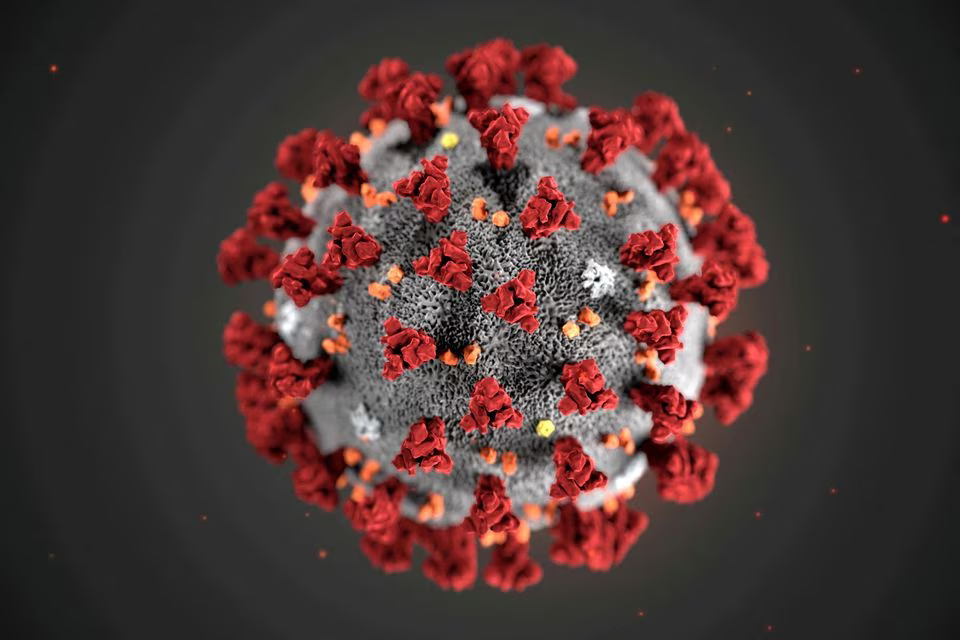Researchers at Southern Cross University have discovered that proteins found in the blood of oysters, specifically Sydney rock oysters, could enhance antibiotics’ ability to combat respiratory pathogens, including those resistant to current treatments.
This breakthrough could play a role in addressing the growing global health crisis posed by antibiotic-resistant superbugs.
The study, published in the journal PLOS One, revealed that antimicrobial proteins in oyster blood, or haemolymph, significantly boosted the effectiveness of antibiotics against respiratory bacteria. Depending on the pathogen, the combination of oyster proteins with antibiotics improved their kill rate by two to 35 times.
Marine biologist and chemist Professor Kirsten Benkendorff explained:
“These proteins disrupt the biofilm barriers that bacteria create to shield themselves, making them vulnerable to antibiotics.”
Biofilms are sticky coatings formed by bacteria on surfaces in the body, such as the lungs, which help them evade treatment. The study found that oyster proteins released bacteria from these biofilms back into the bloodstream, where antibiotics could attack them effectively.
Antibiotic resistance is a mounting global challenge. According to the World Health Organization, antimicrobial resistance could lead to 10 million deaths annually by 2050, surpassing the current global mortality rate from cancer.
Dr. Sohinee Sarkar, an expert in respiratory diseases, emphasized the importance of extending the efficacy of existing antibiotics:
“Anything that prolongs the lifespan of current antibiotics, like this research, represents a sustainable solution in the fight against superbugs.”
Despite the promising results, significant work remains before oyster-derived treatments become viable. Researchers estimate it could take 5-8 years of development before clinical applications are ready. One challenge is purifying the oyster protein to ensure its efficacy and safety for human use.
The study also raised questions about practical production. Professor Benkendorff noted that approximately two dozen oysters would be needed to produce a single active dose of the protein for a person. However, she highlighted the potential for using surplus or imperfect oysters to generate a sustainable supply.
This discovery adds to the growing interest in marine-derived antimicrobial compounds. Oysters, as filter feeders constantly exposed to bacteria and viruses, have evolved unique immune mechanisms to combat infections, including producing potent antibacterial proteins.
Experts like Professor Jonathan Iredell, a clinical microbiologist at the University of Sydney, view such findings as part of a broader effort to identify new treatments:
“Antimicrobial peptides like those in oyster blood often possess mechanisms we’ve not seen before, offering hope for novel approaches to drug-resistant bacteria.”
ABC News and the Guardian contributed to this report.









